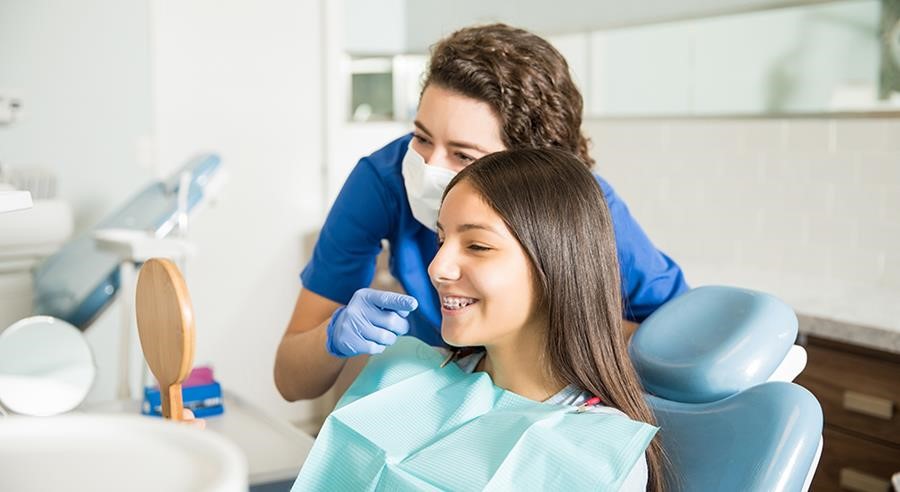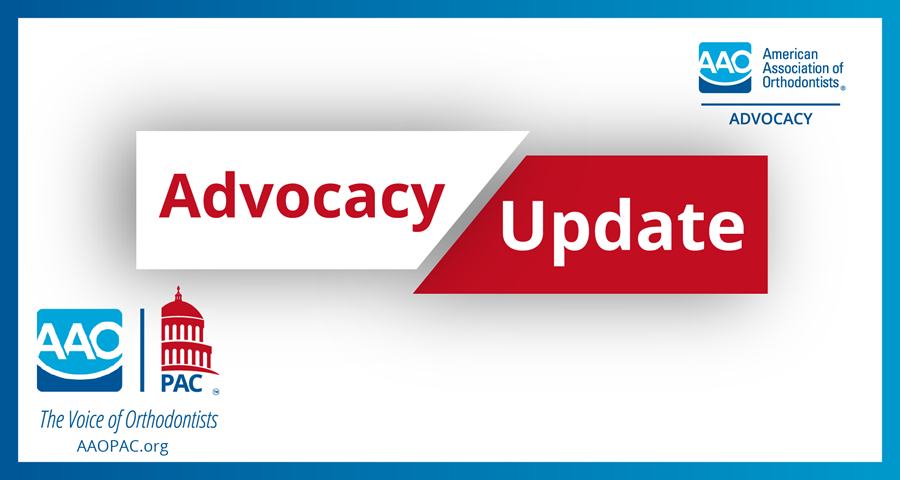Last fall, the AAO introduced the first in a series of environmental scan reports, addressing artificial intelligence and orthodontics. The purpose of the series is to provide in-depth information to members about how emerging technologies and market forces are currently impacting orthodontics and are expected to progress. Topics were selected based on input date from member surveys.
The second environmental scan report, The Patient Outlook, is now available. AAO groups, including the AAO Business Development Task Force and the Future Think Tank, guided the team from Campfire Consulting Group that prepared scan. AAO input ensured that the scan addresses issues relevant to orthodontic practice planning.
The Patient Outlook addresses numerous aspects of how generational makeup of the United States is shifting due to declining births and increased lifespan, and resulting changes that will impact U.S. orthodontic practice. The report focuses on how generations making decisions about treatment (Generation X, Millennials and Generation Z) view healthcare, how they consume media, and how they leverage ratings and reviews to make informed decisions.
The report notes, “Targeting a population by age group isn’t enough – knowing what they value and how they use media is essential for attracting and retaining these potential patient groups.”
In addition, the environmental scan offers strategic guidance on how orthodontic practices can address near-term and longer-term growth constraints. In the short-term, consumers’ current feelings about the economy have been widely reported as being out-of-sync with positive economic indicators in the United States. The report provides suggestions for orthodontists seeking to reassure prospective patients who are experiencing economic anxiety, even if they may be able to pay for orthodontic treatment.
Key takeaways include:
● Births have declined in 41 States and the District of Columbia over the past five years. Remaining states are flat or growing (see Slide 5).
● Generational engagement and expectations of health care, technology and telehealth/telemedicine vary – especially between online vs. in person experiences as well as flexibility in care options.
● Professional referrals continue to represent more than 40 percent of total orthodontic patient exam referrals.
View the Complete Report, The Patient Outlook



